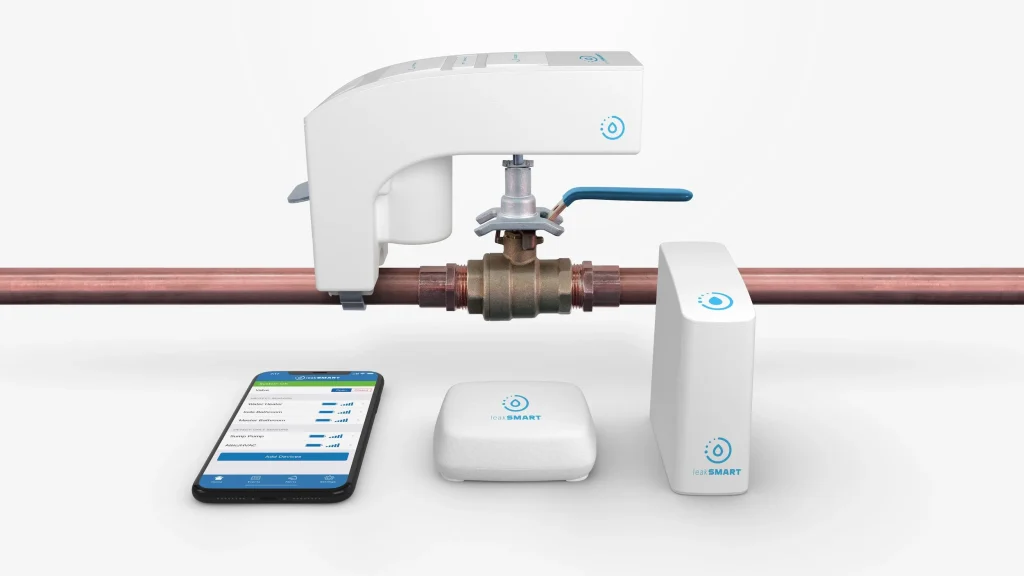Basement leaks can be a homeowner’s nightmare, causing structural damage, mold growth, and costly repairs if left unchecked. Identifying leaks early is essential, especially in areas like Plymouth, where older homes and seasonal rain can make basements vulnerable. With the right approach, detecting leaks doesn’t have to be complicated. Here are some easy ways to keep your basement dry and protected.
1. Inspect Walls and Floors for Signs of Moisture
The first step in leak detection Plymouth homeowners should take is a thorough visual inspection. Look for:
-
Water stains or discoloration on walls and floors
-
Peeling paint or bubbling wallpaper
-
Cracks in concrete or masonry, which can allow water seepage
These signs often indicate that water is entering your basement through walls, floors, or foundation cracks. Early detection allows for prompt repairs before the damage escalates.
2. Check for Musty Odors
A damp, musty smell in the basement often points to hidden moisture problems. Even if there’s no visible water, persistent odors can be a warning sign of leaks behind walls or under flooring. Use your sense of smell in combination with a flashlight to investigate corners, behind stored items, and around plumbing fixtures.
3. Examine Plumbing Fixtures and Pipes
Leaks often originate from internal plumbing rather than external sources. Inspect all exposed pipes, drains, and faucets for:
-
Dripping water
-
Rust or corrosion
-
Loose connections or joints
Running a test by turning off all water sources and checking the water meter can help identify hidden plumbing leaks. Any unusual readings may indicate a slow, undetectable leak.
4. Conduct a Water Test
A simple water test can pinpoint areas of concern. Spray water along basement walls and foundation using a garden hose, focusing on joints, cracks, and window wells. If water appears inside the basement shortly afterward, it indicates weak points that need repair. This method is especially effective after heavy rainfall.
5. Use a Moisture Meter
For a more precise approach, a moisture meter can detect hidden dampness within walls, floors, and ceilings. Moisture meters are affordable, easy to use, and provide accurate readings to determine whether there is a leak problem that’s not immediately visible.
6. Monitor the Sump Pump and Drainage System
A malfunctioning sump pump or blocked drainage system can exacerbate basement leaks. Regularly check that your sump pump operates correctly and that exterior drains are free of debris. Ensuring proper water flow away from your home is a critical step in leak prevention.
7. Consider Professional Leak Detection Plymouth Services
If you’re unable to identify the source of water ingress or suspect a complex issue, professional Leak Detection Plymouth services can provide advanced tools like thermal imaging, infrared cameras, and pressure tests to locate even the most elusive leaks. Professionals can also recommend long-term solutions to prevent recurring problems.
Conclusion
Detecting basement leaks doesn’t have to be a stressful or complicated task. By conducting regular inspections, monitoring plumbing, and using simple tools like moisture meters, Plymouth homeowners can protect their basements from water damage. For persistent or hidden issues, professional Leak Detection Plymouth services ensure peace of mind and long-lasting results.



